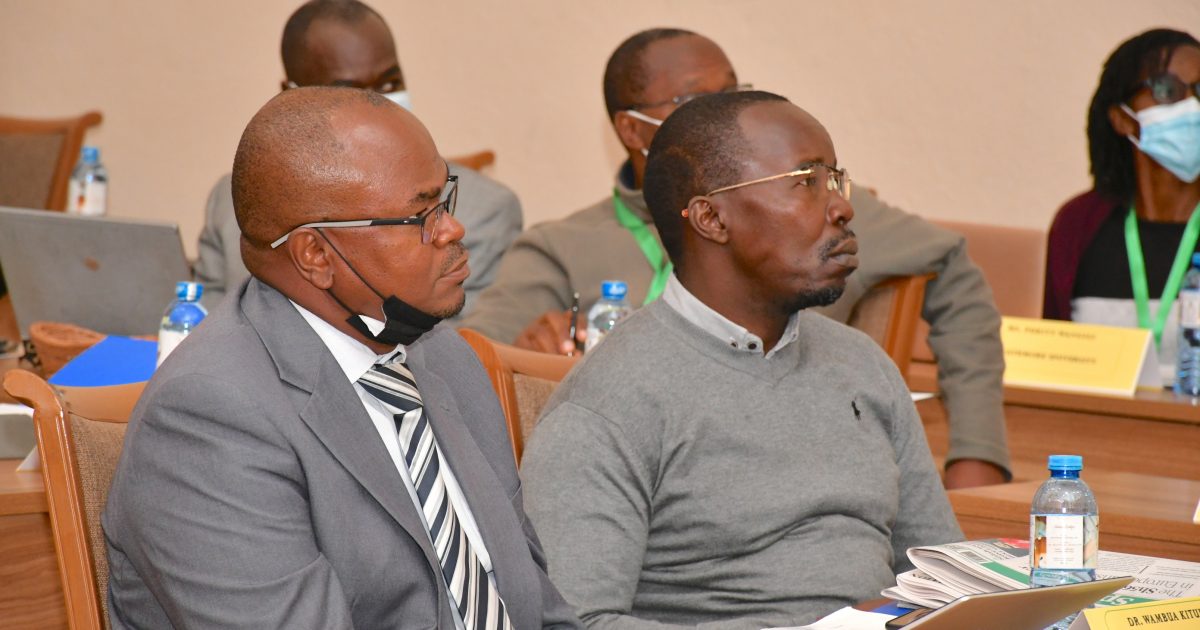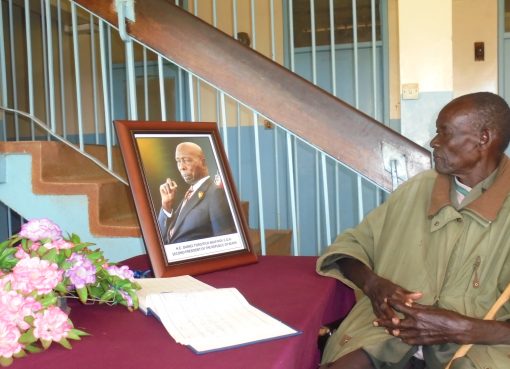Council for Legal Education (CLE) is undertaking a comprehensive review of the Advocates Training Curriculum (ATP) to ensure the production of a competent workforce that advances the administration of justice in the country.
The review is expected to transform the country’s legal education by nurturing 21st century lawyers who will strengthen the legal system and improve access to justice.
According to the Council Chief Executive Officer Dr Wambua Kituku, the appraised curriculum is meant to replace the current one that has been training advocates at the Kenya School of Law for the past 12 years.
Dr Kituku said the re-evaluation of the ATP has been informed by the last decade developments including the change of constitution, ongoing judicial reforms, incorporation of technology, ethical issues among others.
Speaking during a validation exercise in Naivasha, Dr Kituku said revised changes will consider recommendations of the 2018 taskforce report on reforms in the legal education sector anchored by the context of legal and policy frameworks in Kenya. Areas of focus include: civil and criminal litigation, legal writing and drafting, trial advocacy, legal practice management, pupillage amongst others.
Trained advocates are thereafter expected to emerge with requisite applicable skills and tools to enable them practice professionally both locally and internationally.
“This will be achieved by equipping candidates with key skills including problem solving and reasoning, sense of service, ethical and moral responsibility, life, professional ethics, leadership, innovative, creative and critical thinking skills,” Dr Kituku said.
The CEO said the program will harness ethically the place and growing role of technology in legal practice including in training, virtual hearing of cases and social media use to advance the role of law in the society.
On his part, Eric Gumbo, the Law Society of Kenya (LSK) representative in the Council said ATP curricula review is timely as it will address contemporary developments in the sector including use of technology by advocates.
Gumbo said LSK has put in place robust disciplinary mechanisms to address unethical practices including striking-off members from the roll, suspension of practicing licenses, instituting criminal charges among other measures.
This, he said, is geared towards ensuring advocates practice within the law that respects ethical behaviors and good client’s relations. He challenged the public to be alert and liaise with the Society before engaging an advocate to ensure they choose genuine ones.\
By Erastus Gichohi





